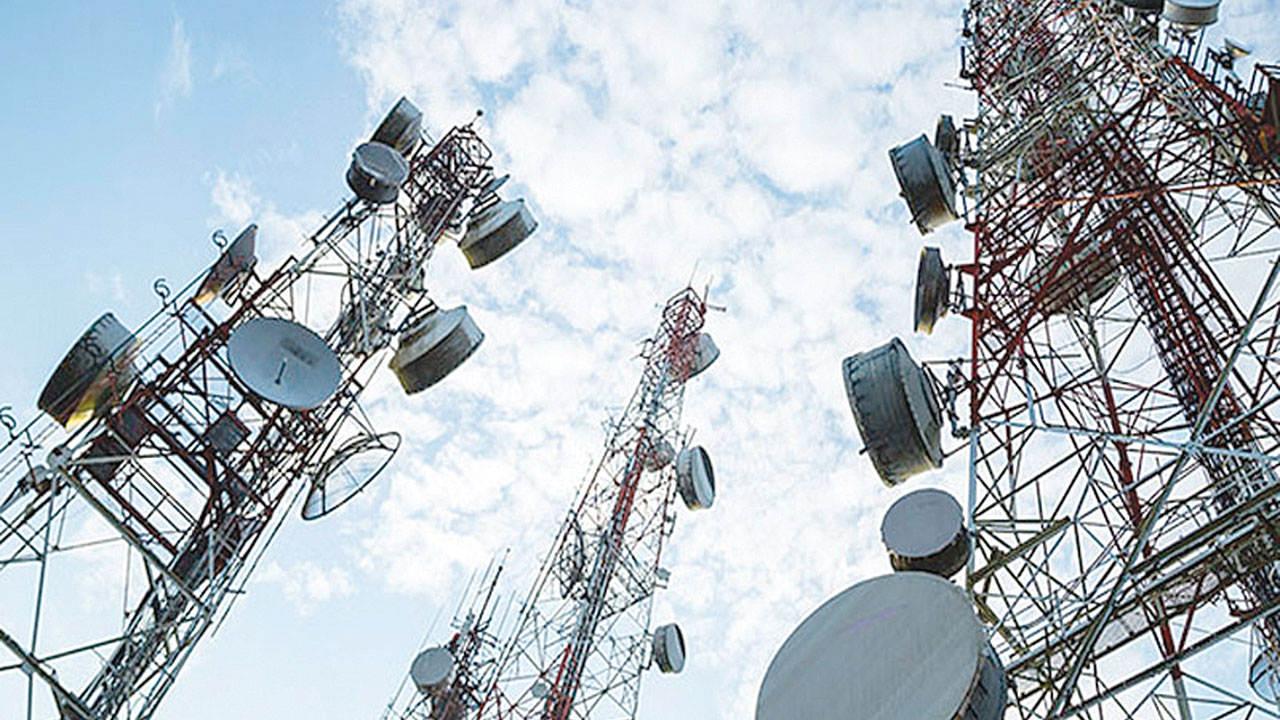The Association of Telecommunications Companies of Nigeria (ATCON) has called on the Federal Government (FG) to address the infrastructural deficit, economic constraints and systemic challenges of broadband internet expansion.
The association’s president, Mr Tony Emoekpere, made the call on Tuesday while speaking on ways to address the barriers and gaps in broadband connectivity.
The Nigerian National Broadband Plan 2020-2025 agenda on broadband internet includes increasing access to high-speed internet for the population. This is expected to cover an increase in speed with a minimum of 25 Mbps in urban areas and 10 Mbps in rural areas.
With the goals’ deadline fast approaching, and Nigerians’ continued experience of poor and weak internet becoming a norm, Emoekpere identified some lapses and ways of setting things in order.
According to him, urban regions like Lagos are enjoying faster and more reliable connectivity compared to underserved rural areas, where infrastructure gaps persist.
“The barriers to broadband internet expansion in Nigeria reflect a combination of infrastructure deficits, economic constraints, and systemic challenges.
“Addressing these is critical for achieving equitable digital inclusion and supporting the country’s economic growth,” Emoekpere said.
The ATCON president affirms the gap in the deployment of broadband infrastructure, particularly in rural and underserved areas.
“The limited penetration of fibre-optic networks and inadequate last-mile connections prevent equitable access to high-speed internet.
“These gaps exacerbate the digital divide, leaving millions without meaningful connectivity. The affordability of internet access remains a critical issue.
“Broadband services and devices are still too expensive for many Nigerians, especially those in lower-income brackets.
“Moreover, Mobile Network Operators (MNOs) have faced stagnant tariffs for years despite increasing operational expenses and capital expenditure (CapEx) due to challenges such as rising energy costs and a depreciating naira,” he said.
To improve the quality of internet connectivity, therefore, Emoekpere called for tariff adjustments and economic incentives for MNOs due to rising operational and capital costs.
“MNOs should be permitted to implement controlled tariff increases to account for rising operational and capital costs.
“In parallel, the government can provide tax breaks or subsidies to ease consumer affordability while ensuring operators can sustain their infrastructure investments,” the ATCON president said.
On the frequent internet service disruptions, Emoekpere says connectivity reliability has been compromised by vandalism, fibre cuts during construction activities, and Nigeria’s inconsistent power supply.
“Such disruptions not only affect service delivery but also lead to higher operational costs for telecom providers,” he said.
The expert said there should be harmonised policies across state governments for consistency.
